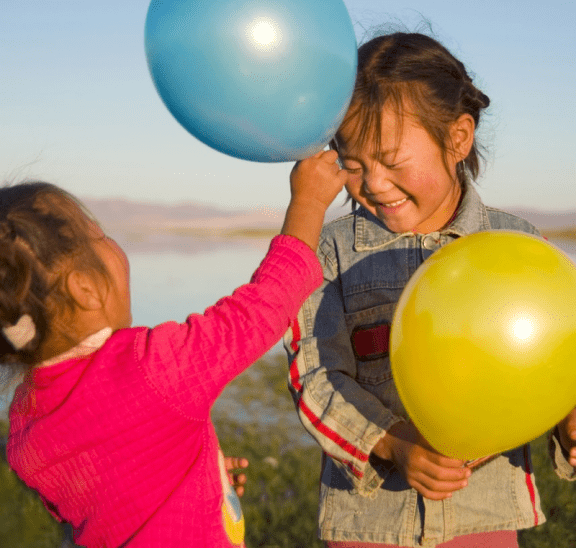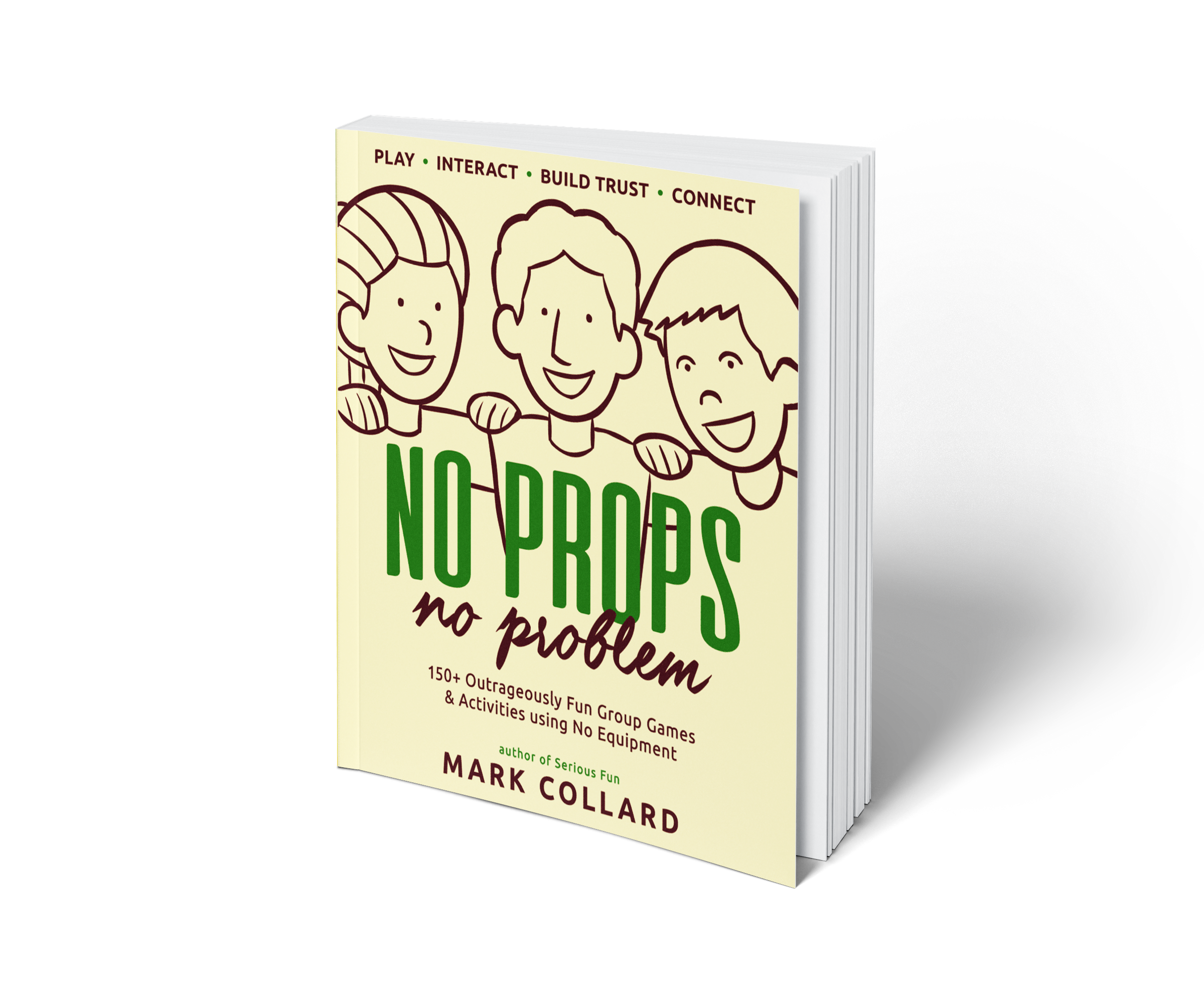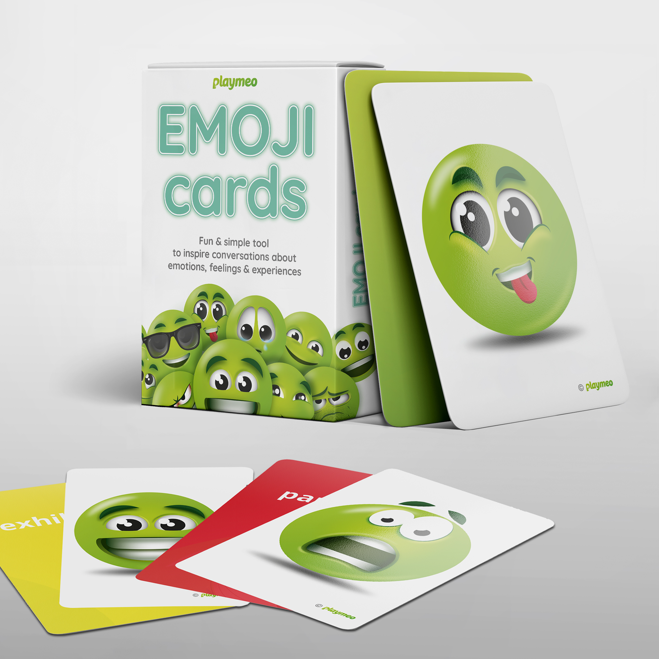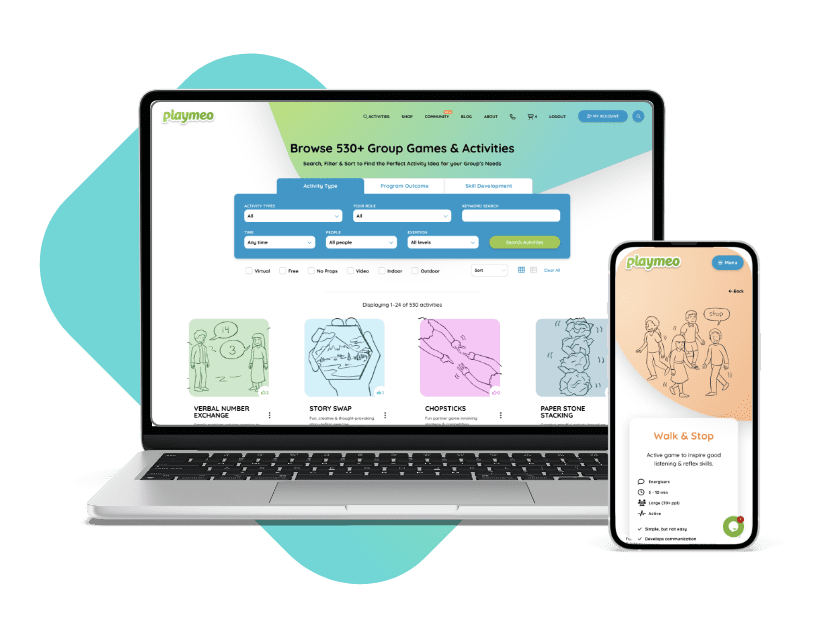Download our free 28-page ebook jam-packed with outrageously fun activity ideas.
Here’s a MUST READ ESSAY from Dr Peter Gray, professor of psychology at Boston College, which implores educational systems around the world to introduce more play into our school systems, to help them develop critical interpersonal skills.
His argument is that more play, and less ‘school’ will lead to improved academic performance.
My professional life has been all about inspiring teachers and other educators to integrate ‘play’ into their curriculum as much as possible. I truly believe that unless kids are having fun, they are not learning. And the best instrument to engage kids in fun is to create an atmosphere of play.
Play, as described by Dr Gray and many other scholars around the world, is a state of mind, and not an activity as such. Play by its very nature is voluntary, purposeless, attractive, infectious, and free of time.
As a professional group facilitator, I can attest to the power of play with thousands of people all over the world. Play is the most potent tool I deploy to invite groups to engage in my programs to learn about themselves and others so that they can grow into intellectually, socially, emotionally and physically strong and resilient human beings.
As readers of this blog will know, I use hundreds of playful group games and activities to invite people to play, which invites them to share, which helps them to trust, which leads to learning. It’s not rocket science.
Indeed, I am certain that the concept of shooting a rocket into the sky to reach the moon was first formed in the mind of a young child, not an academic with a honours degree.
What do you think?
Do you agree?













Alongside the lack of play is the lack of acceptance of failure. Not only do we see play removed from school but also any physical activity that kids might fail or make a mistake at. Whenever i work with school groups and their teachers (or any other adult) is present, the most difficulty for me comes from stopping the adult from trying to interfere when they see the kids struggle. This issue is bigger than just schools, its a social mindset to protect kids from all dangers (no matter how small) that we need to try and change. How can we ever expect kids to learn when all we ever do is give them the answers right away?
Phil, you are absolutely right. I see it too on the programs I run, where on occasions I need to ask the teachers to resist the temptation to ‘save’ their students. In an earlier post – https://www.playmeo.com/as-safe-as-necessary/ – I speak to this impulse to ‘make things as safe as possible’ rather than as safe as necessary. I subscribe to the latter view. Thanks for sharing.
Thanks Mark for posting. Great article, its a big problem that will be difficult to address, particularly if college admissions continue to focus test scores.
Nice timing Mark. I read the article by Dr. Grey yesterday. Can’t remember where I saw it (maybe Gloree sent it to me!), but I agree, there are numerous important points made about the value of play. I am planning on taking the internet link to the article and handing it out to folks at the various workshops I do, (less than I used to for sure).
All’s well here albeit cold . . . -22 F last week. It was in the twenties yesterday and almost felt balmy.
Hey Karl, I’m so glad you have seen this article. It is one of many which strike a chord with me. You and I both know the value of play, and I guess our life’s work is and has been all about inspiring others to discover it too. Weather here? Brutally hot, several days of 42-44 C (110-115 degrees F) here, so not so much play outside at the moment 🙂
Richard Louv also discusses the difference between play and organized sports; safe playground equipment and a vacant lot. This is in his book: Last Child in the Woods. It’s a longer read but well worth it! Thanks for the post Mark!
Joel, I love Richard’s book too, a sweet, sobering read. Richard visited Australia a few years ago, and one of the ‘actions’ which came out of the enthusiasm for his work is a Kids Adventure Festival, held in April each year which aims to get kids excited about being in the outdoors. I’m involved this year, running activities for adults while the kids are outside playing 🙂
YES!!!
It was terribly sad to see the change in my kid’s eyes after she went from pre-school to elementary school.
Until she was six, she loved going to school —and they did learn things.
Then, upon going to first grade, everything changed and she hated it.
We all assume that’s normal. It should not be normal.
She’s going to 4th grade now, and the look in her eyes when going to school has not improved.
MORE PLAY!
Hey Jose, thanks for your note. What you have observed is all too common I’m afraid. We do something to kids in their early years of education which basically squeezes the creativity and imaginations out of their heads. For example, ask any pre-schooler if they are an artist, and all of them will raise their hand. By the time they get to grade 4 or 5, only a small bunch of hands will go up. This is soooo sad.